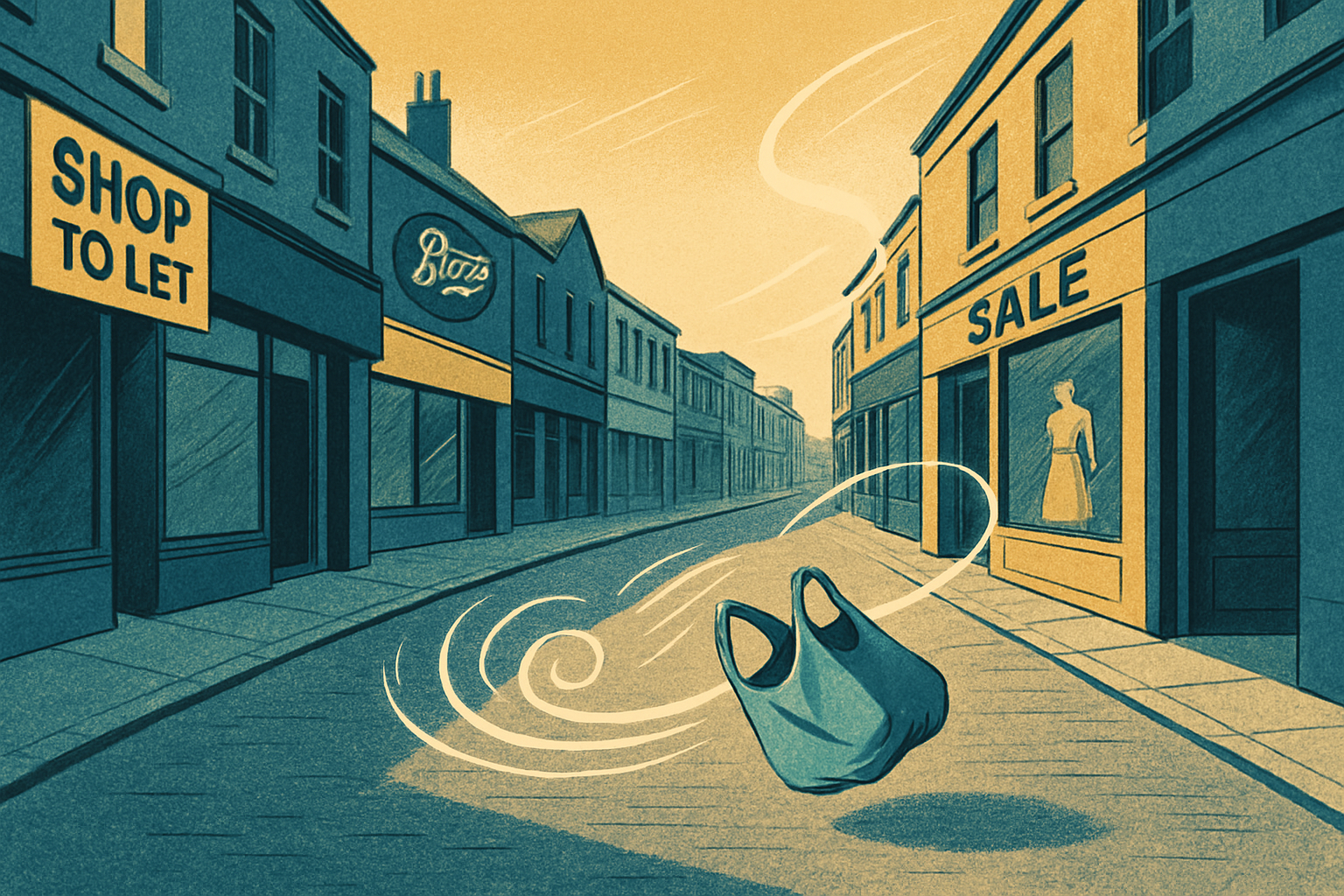UK consumer confidence fell in September, with households increasingly uneasy about the economic outlook and potential tax rises in the November budget, according to the latest survey from GfK.
The headline consumer confidence index declined to -19 this month from -17 in August, which had been the highest reading since December. All five measures in the survey worsened, including views on personal finances, spending intentions, and the general economic situation.
Neil Bellamy, consumer insights director at GfK, said: “With tax rises expected in the November budget, the risk is that confidence inevitably falls.”
The deterioration was most pronounced in expectations for the economy over the next 12 months, which fell to -32. That compares to -11 in June 2024, just before Labour came to power, highlighting the sharp swing in sentiment over the past 15 months.
A separate gauge of savings intentions also weakened, suggesting households may feel less able to put money aside as they prepare for higher living costs.
The survey, based on interviews with 2,003 individuals between 1 and 11 September, comes ahead of Finance Minister Rachel Reeves’ fiscal statement on 26 November. Reeves is expected to outline tax increases designed to keep the government on track to meet its fiscal rules.
Similar patterns have been seen in the past when tax expectations weighed heavily on sentiment. In 2010, confidence dropped sharply in the run-up to Chancellor George Osborne’s austerity budget, and in 2022, sentiment collapsed during Liz Truss’s short-lived premiership amid market turmoil.
Today’s reading is still above the lows seen during the pandemic — in April 2020, the index sank to -34 — but analysts note that households’ view of the economy is now deteriorating faster than at any point since the global financial crisis.
While consumer spending held up through much of 2024, economists warn that persistent weakness in confidence could drag on household demand at the end of this year. That would pose further challenges for growth as the government looks to balance fiscal consolidation with economic stability.



